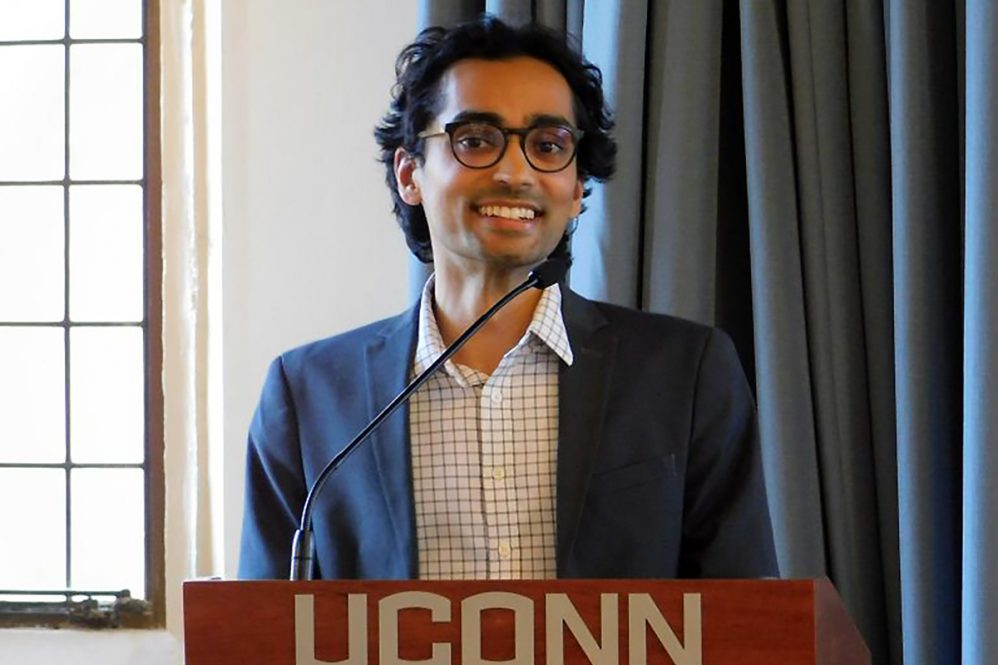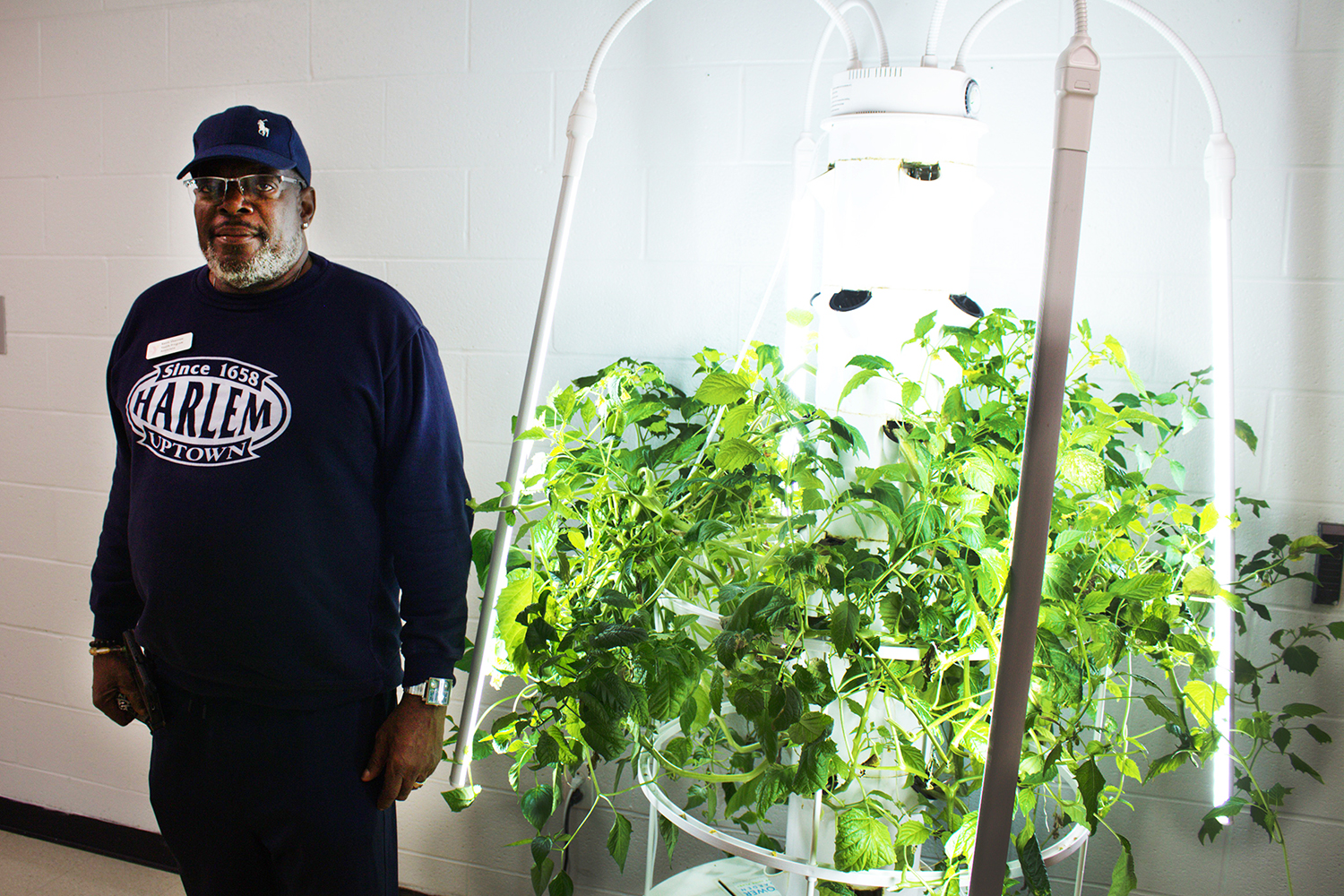For Guneet Josen ’21, a judicial clerkship was an opportunity to grow as a lawyer and as a person.
“It taught me a lot about where I belonged in the legal profession,” he said.
Josen was one of four UConn Law graduates who returned to campus at the invitation of the Center for Career Development to speak at a recent event, “My Clerkship Story: Narratives from Clerks of Color.”
Josen described his struggles with imposter syndrome, which began before law school. He recounted being told by an employment agency that his name was too ethnic and that he wouldn’t find a job unless he changed it. The incident stuck with him, along with a feeling of otherness.
“That’s always something that lawyers of color or lawyers that are diverse feel,” he said. “In the back of our heads, there’s always that idea of you don’t belong.”
Josen entered law school determined to change that feeling for others while helping disadvantaged individuals and pursuing his passion for social justice. He didn’t see many people like him in the legal profession, but he saw an opportunity to be a part of changing that.
As a law student, he served as the president of the Lambda Law Society and vice president of the South Asian Law Students Association. He also worked in the Asylum and Human Rights Clinic, which represents clients seek refuge in the United States. As the son of immigrants, he felt connected with some of the struggles faced by the clinic’s asylum-seekers.
But of all his experiences, Josen identifies his clerkship with the Connecticut Superior Court as truly helping him find his place and confront his imposter syndrome. It allowed him to prove to himself that he could deal with complex and unforeseen legal issues.
“I was able to handle it,” he said. “I freaked out at first, but I eventually figured it out, and that impostor syndrome really slowly started to melt away.”
The increasing diversity of judges on the Connecticut Superior Court bench, where clerks are assigned to the court at large, allowed Josen to work with and get to know judges from different backgrounds with an array of experiences.
“I have networks with judges who know what it’s like to be like a minority in this field, where the door always kind of feels like it’s half shut,” he said.
The Center for Career Development organized the event to encourage a diverse pool of law students to apply for judicial clerkships. The other panelists were Snigdha Mamillapalli ’20, clerk for U.S. District Judge Omar Williams in the District of Connecticut; Mallori Thompson ’21, former clerk for Chief Justice Richard Robinson of the Connecticut Supreme Court; and Kristy Sanandres ’19, former clerk for the Connecticut Superior Court.
“Judicial clerkships provide unparalleled opportunities for skill development, mentorship, and direct exposure to the inner workings of our judicial system,” said Meredith O’Keefe, assistant director of the Center for Career Development. “We know from our alumni clerks that clerkships open a multitude of career doors. A key goal of the Center for Career Development is to provide information, guidance, and invite inclusive discussion about clerkships, mindful that students of color have been historically underrepresented in the judiciary. In collaboration with UConn Law’s talented students and alumni, we are working to change that. “



